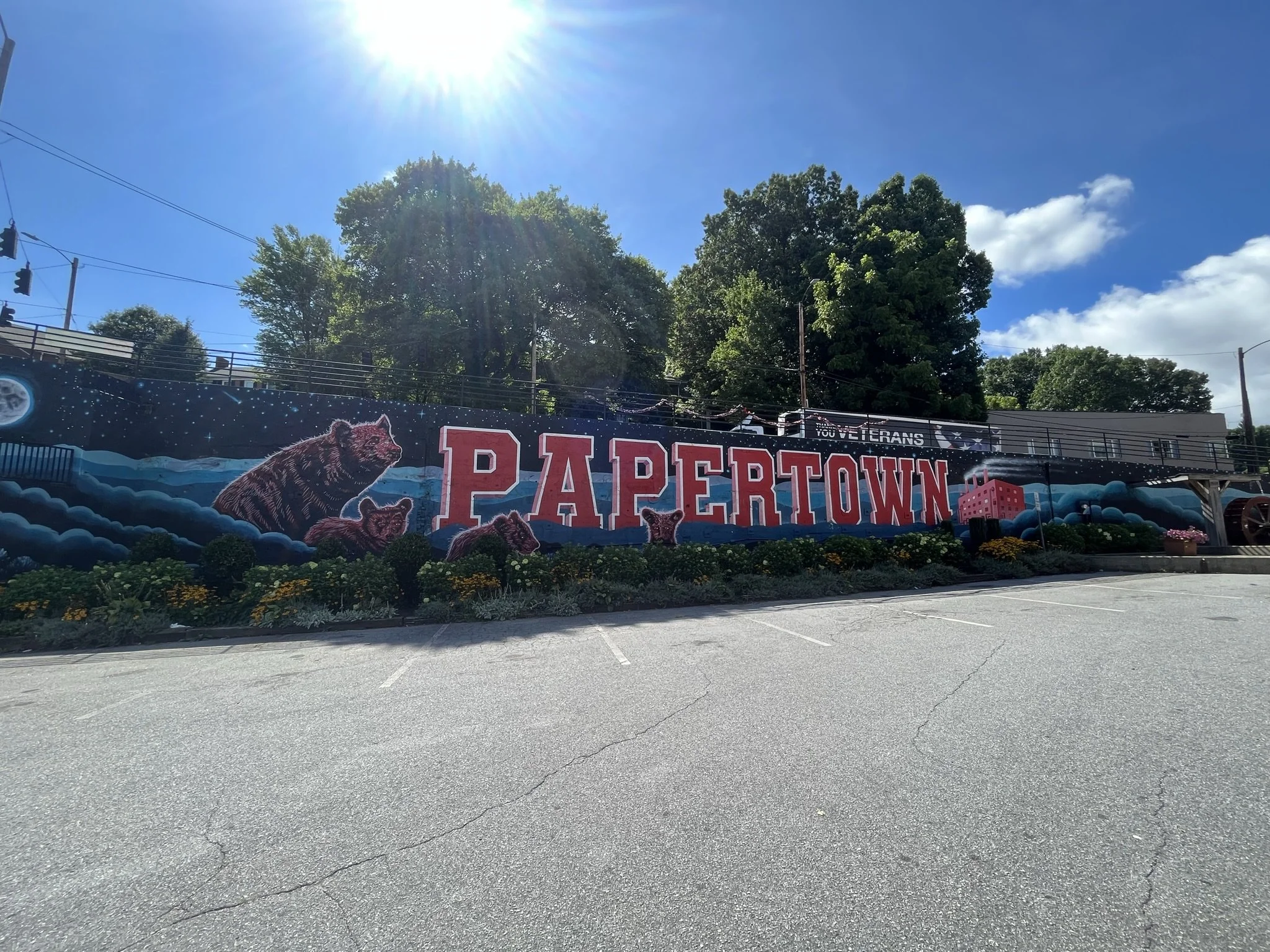
Forging Their Own Trail: The Rise of Appalachian “Outdoor Gateway Towns & Economies"
An exploration of how outdoor gateway communities and economies are uniquely positioned to tell stories and promote cultural history.
The MKSK Trek Fellowship is a funded travel and research program open to MKSK professionals to explore critical issues in design, landscape, planning, and urbanism.
This Trek application offered opportunities to learn how natural assets and recreation can be utilized as tools for economic revitalization, place-making, and conservation in towns and regions adjacent to recreation and management lands. The study outlined how many geographies are exceptionally positioned to re-imagine themselves as ”outdoor gateway communities,” as recreation increases nationwide.
The trip visited Appalachian communities that have strategically chosen to utilize and expand their recreational offerings and brand to help attract both visitors and residents alike. Focusing on a region still largely confronting economic stagnation, ecologically calamity and social hardship, the case studies show how an outdoor-centric economy can serve as a key catalyst in the local economy but also in local ecosystems. With renewed economies and identities provided by and tied to their natural surroundings, the case studies incentive for conversation and smart growth were shown to be critical, further protecting fragile ecosystems and providing future precedents for healthier and more responsible development.
The Trek ultimately shed light on the constructive influence of an outdoor economy highlighting how these economies are uniquely positioned to:
connect local business, cultural heritage and the natural landscape through high quality outdoor infrastructure (trails, greenways, blueways, etc.).
enhance the quality of life and sense of place.
build local workforce capacity and provide resources for communities to make the economic case for further outdoor recreation investment.
advance the outdoor access equitably across a given community.
create an outdoor infrastructure network that catalyzes entrepreneurship, business expansion, and recruitment of new businesses and talent.
instill a heighted sense of land stewardship and conservation into a given community.
Lastly, the Trek proposal helped provide an inventory of the complex issues that face many communities that MKSK currently practices within. The tools and mechanisms associated with an outdoor-centric economy will undoubtingly help serve as a reference point for our planners and designers as we continue to help shape place, improve lives and share the story.
Jonathan Staker is a Designer with MKSK. He is passionate about the interaction of people and the natural landscape and how design can better bridge the two with more sustainable and resilient methods. Jonathan has been an integral member of the design teams on healthcare campuses, parks, private development and stadium design projects, including the Lower.com Field and surrounding Astor Park in Columbus, Ohio and the One Fifteen campus in Dayton, Ohio. Jonathan has a Master of Landscape Architecture from The Ohio State University and a Bachelor of Science in Geology and Earth Science from Miami University.



